We provide expert, holistic support so your loved one can live their final days with comfort, clarity, and peace.



Contact us now for a free assessment
Caring for a loved one in their final days is emotionally exhausting. No family should carry that alone.
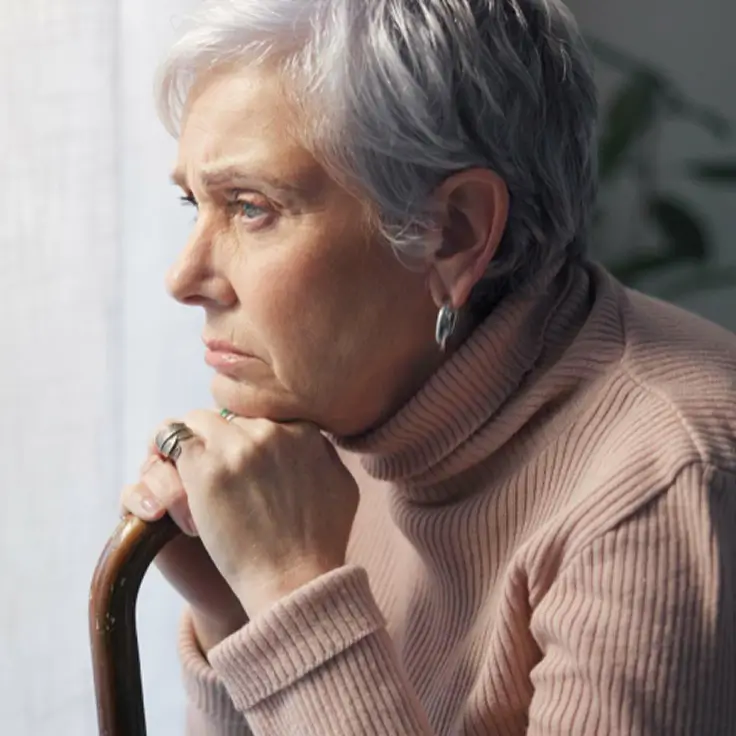
Managing pain and symptoms without support is overwhelming.

Families feel lost navigating final care decisions alone.
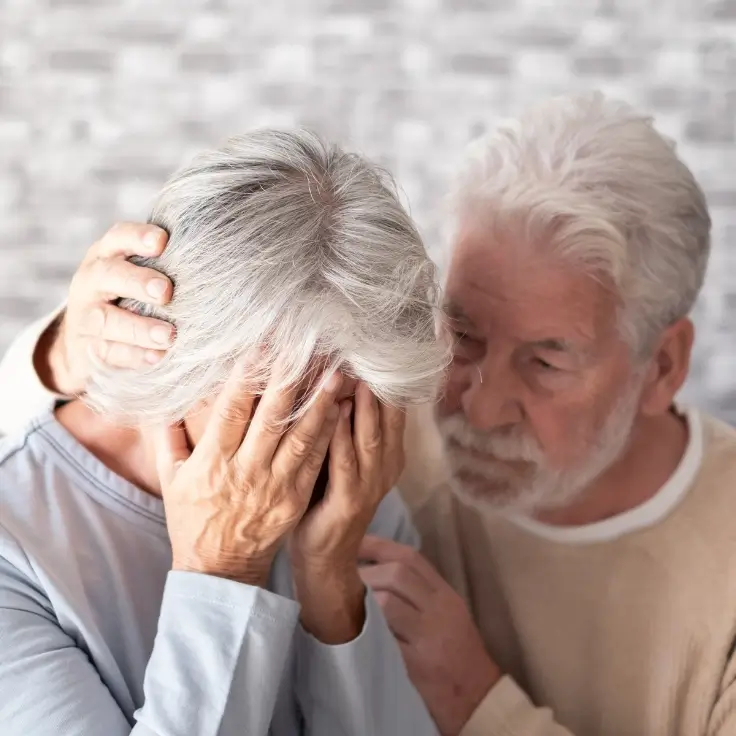
You worry about not doing enough in their last moments.
When someone you love is nearing the end of life, the uncertainty, pain, and emotional weight can be overwhelming. Hospitals often feel impersonal at a time when comfort and connection matter most.
ConsidraCare provides expert, compassionate end-of-life care at home, ensuring your loved one is surrounded by peace, comfort, and familiarity. Our trained caregivers offer not just medical support, but also emotional presence, spiritual sensitivity, and family guidance so you don’t have to walk this path alone.
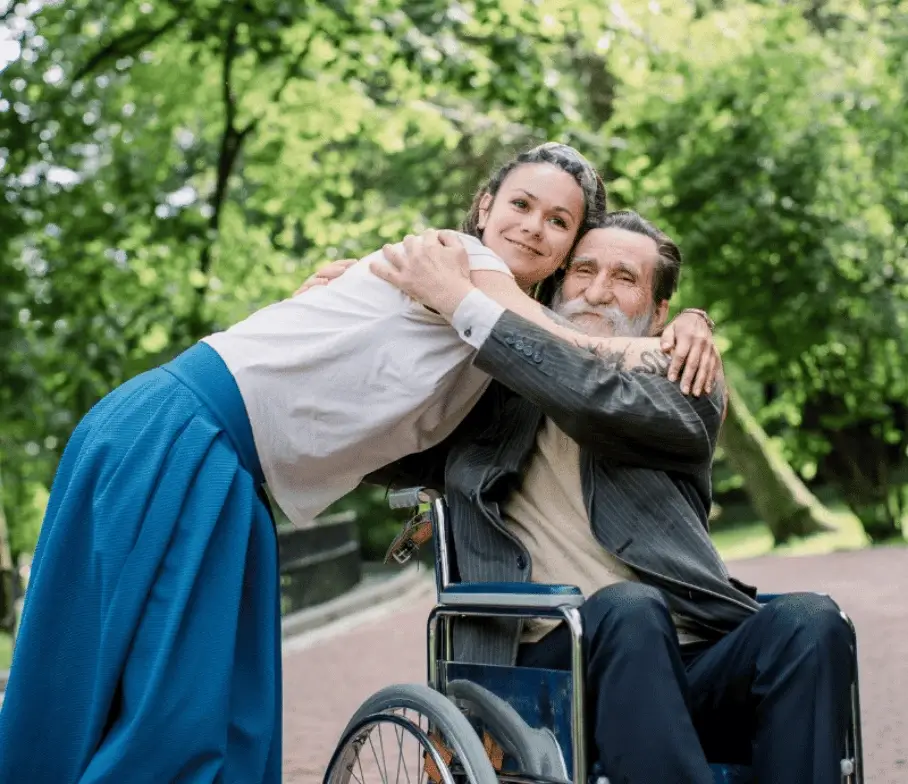

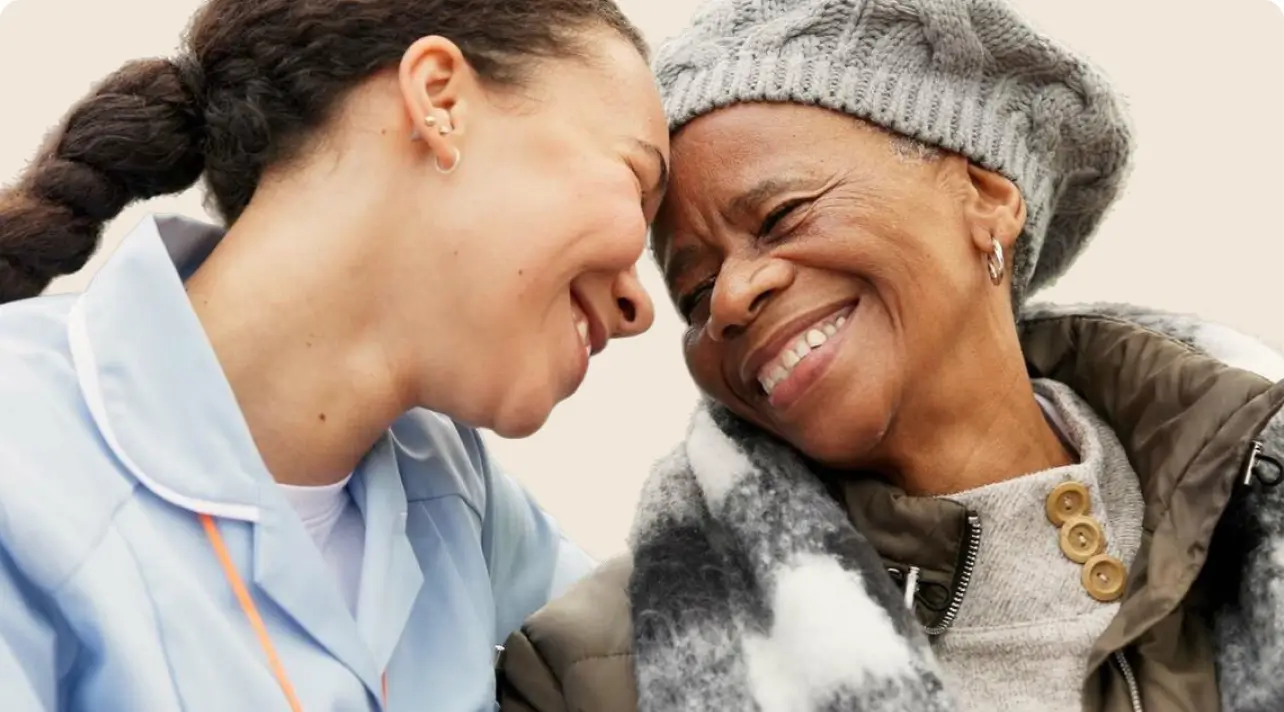

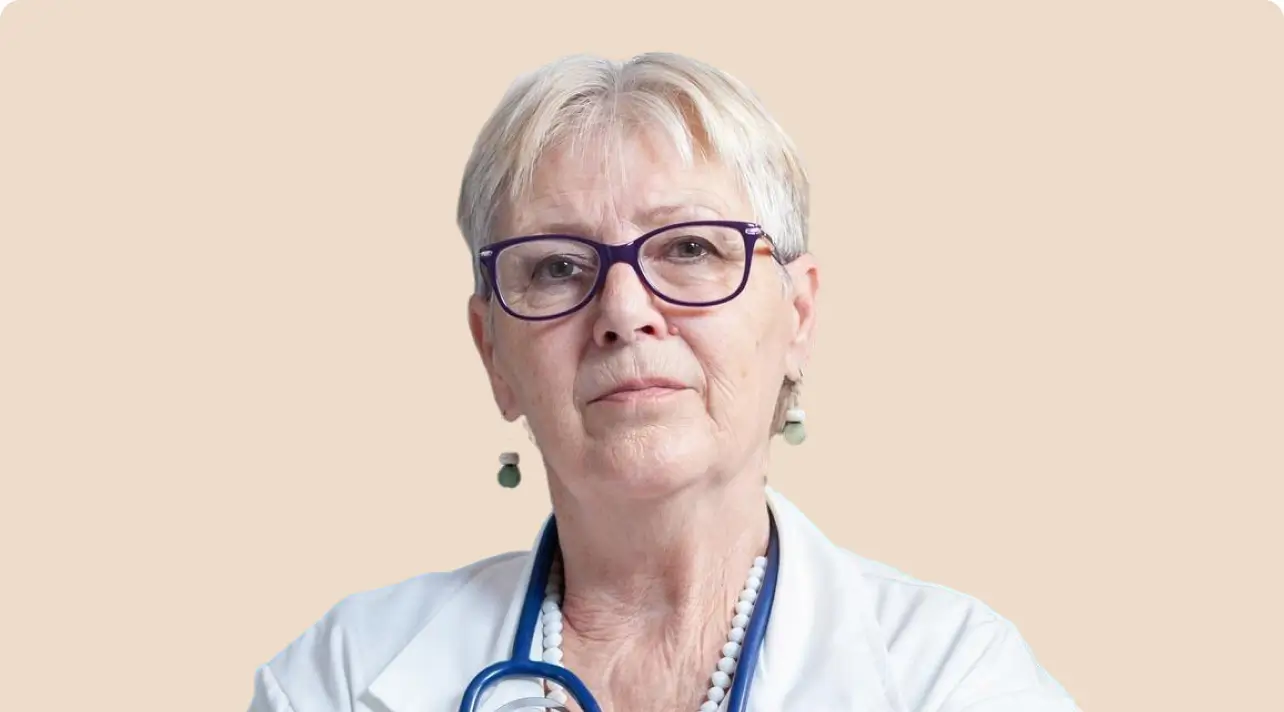

Seniors with non-chronic medical conditions requiring help only for a few hours or days in a week.
Seniors with chronic and serious health issues in need for personal medical care in their homes.
Seniors with life-impacting chronic conditions requiring constant monitoring and assistance in daily tasks.
Or call us on 1-855-410-7971 to get an instant quote
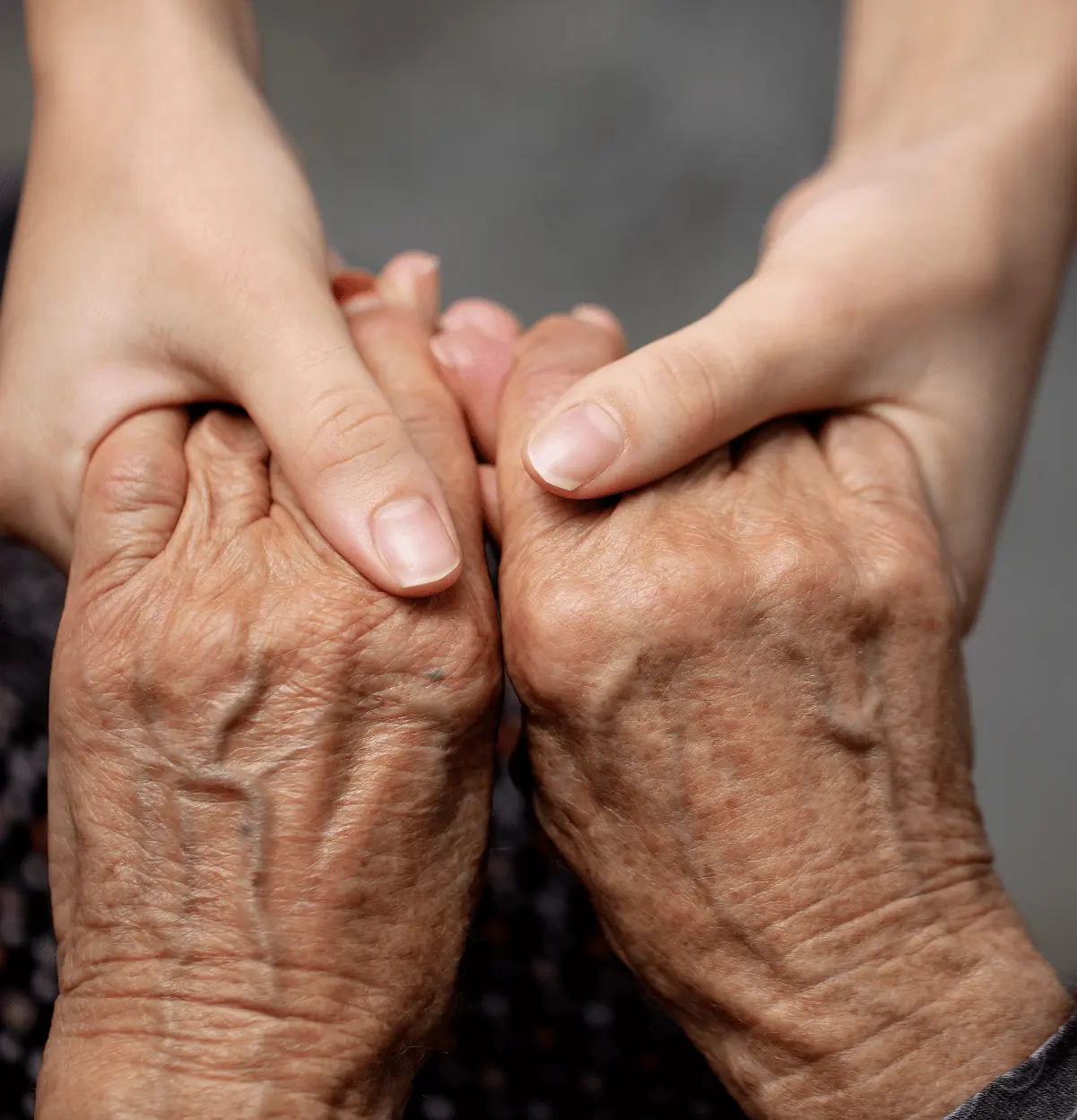

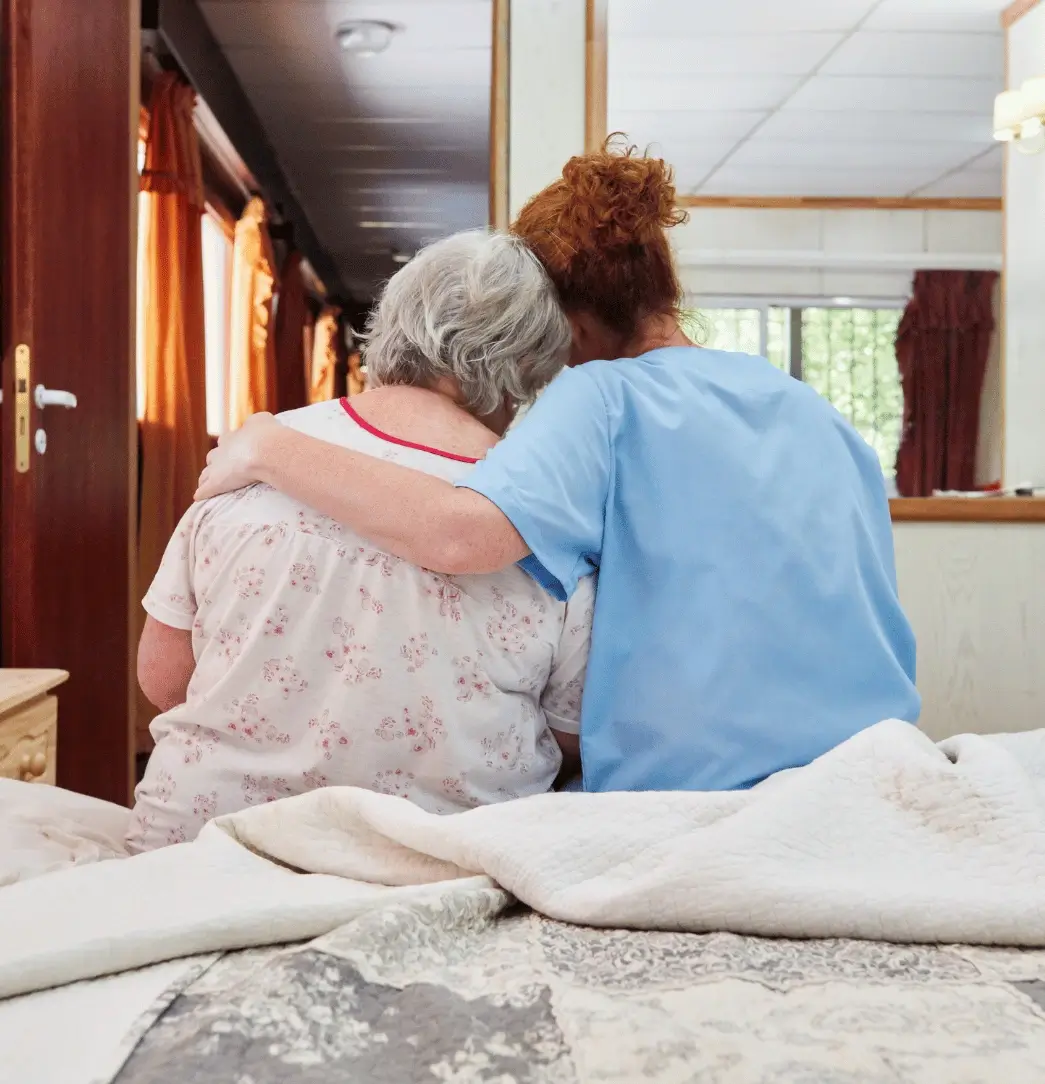
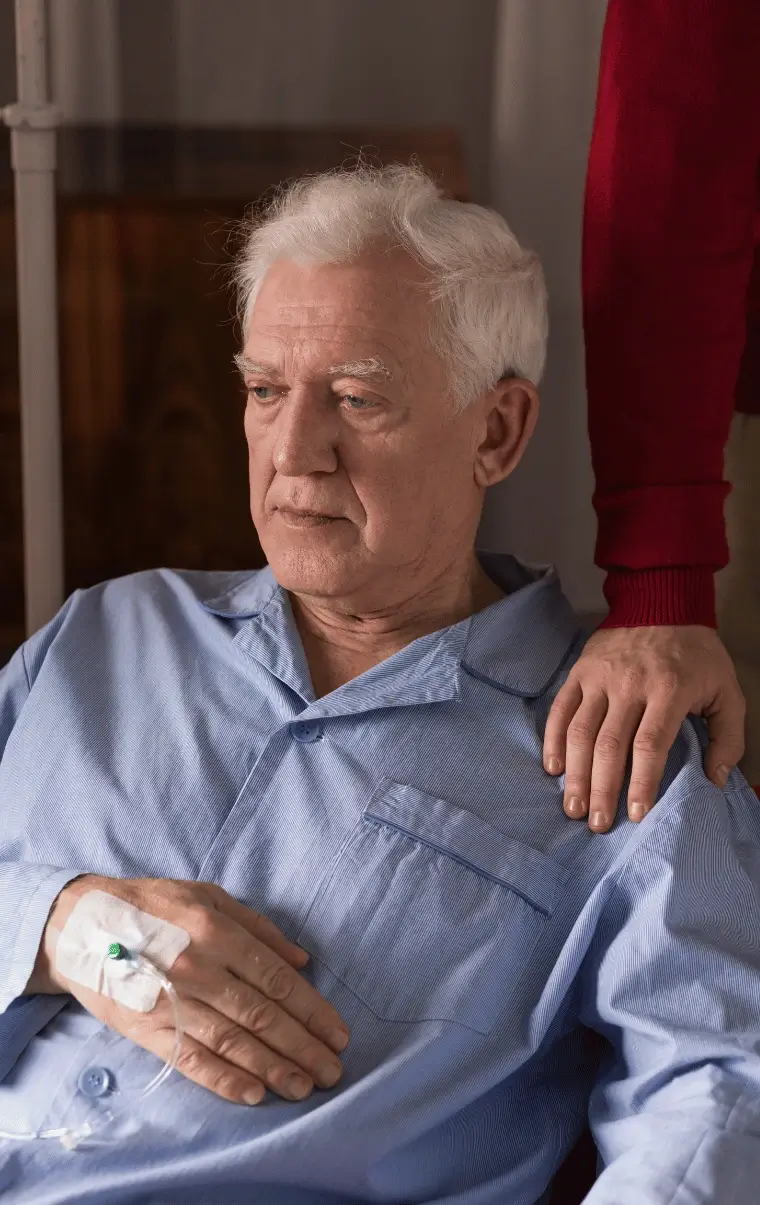
End of life care at home allows individuals to remain in a familiar, comforting space while receiving the physical, emotional, and spiritual support they need. At ConsidraCare, our caregivers work closely with families, doctors, and palliative care teams to ensure every aspect of care aligns with the person’s wishes and values.
ConsidraCare’s expertise and compassion are evident in every interaction.
ConsidraCare is a reliable partner in health care, delivering unwavering quality of care.
Our team will help create a custom care plan for your loved one — no pressure, no obligation.
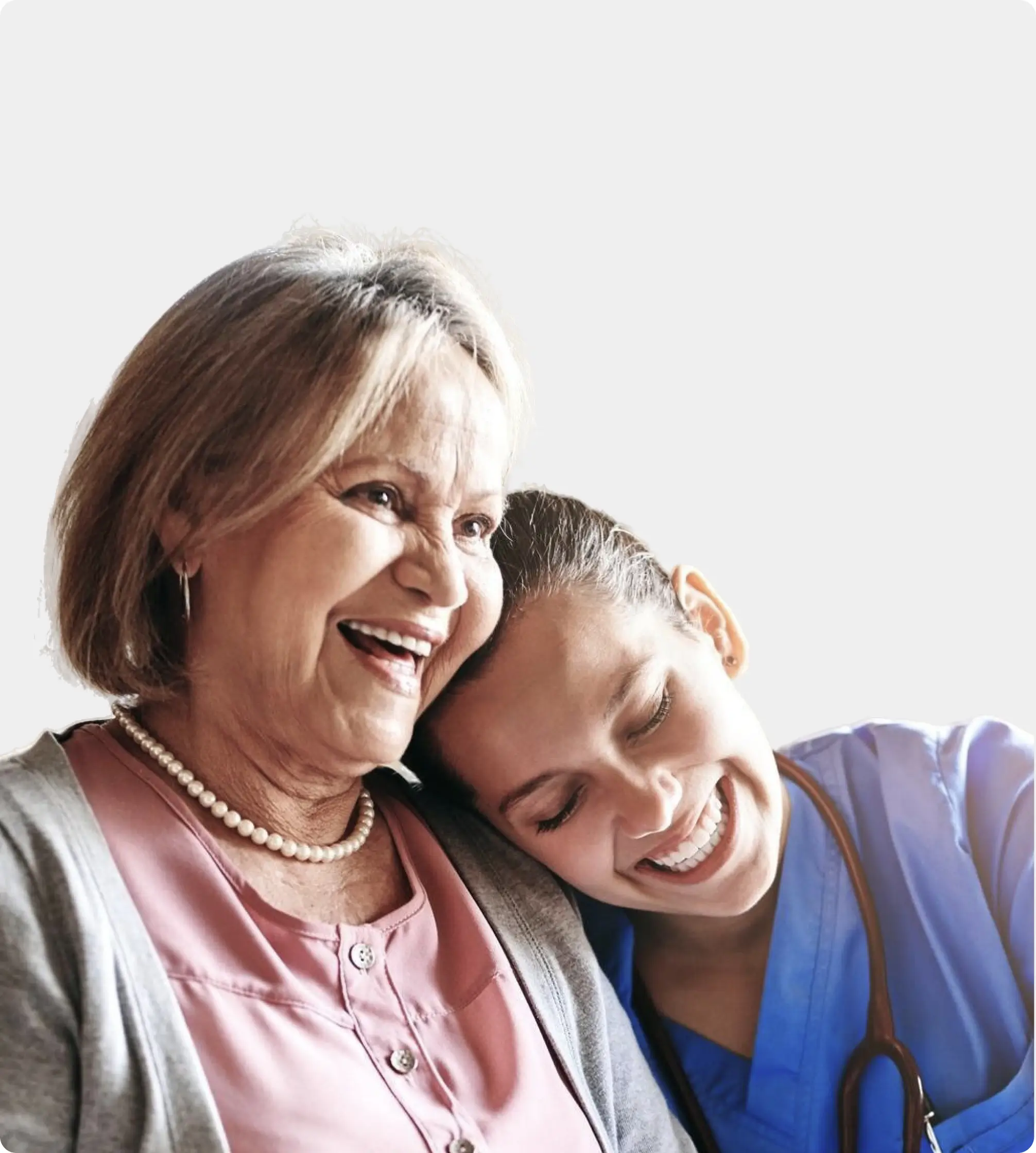
End-of-life care can last from a few days to several months, depending on the individual’s condition. It typically begins when a person is considered to be in the final stage of life often defined as having a life expectancy of six months or less.
End-of-life care includes physical, emotional, social, and spiritual support for the person and their family. It may involve:
Pain and symptom management
Help with daily tasks
Psychological counseling
Spiritual support
Advance care planning
Support for families and caregivers
It can be provided at home, in hospitals, hospices, or care homes.
The three key issues at the end of life are:
Pain and symptom control: Managing discomfort, breathing issues, fatigue, and other symptoms.
Emotional and psychological support: Helping with anxiety, fear, depression, and acceptance.
Advance planning and decision-making: Ensuring patient wishes are respected through advance directives and communication.
Palliative care is a broad approach that aims to improve quality of life for people with serious illnesses at any stage of the illness, not just the end.
End-of-life care is a specific type of palliative care provided in the final phase of life, focusing on comfort rather than cure.
Common symptoms include:
Pain
Shortness of breath
Fatigue or weakness
Loss of appetite or weight loss
Nausea or vomiting
Anxiety or confusion
Changes in breathing patterns
Withdrawal from social interaction
